COS News
News
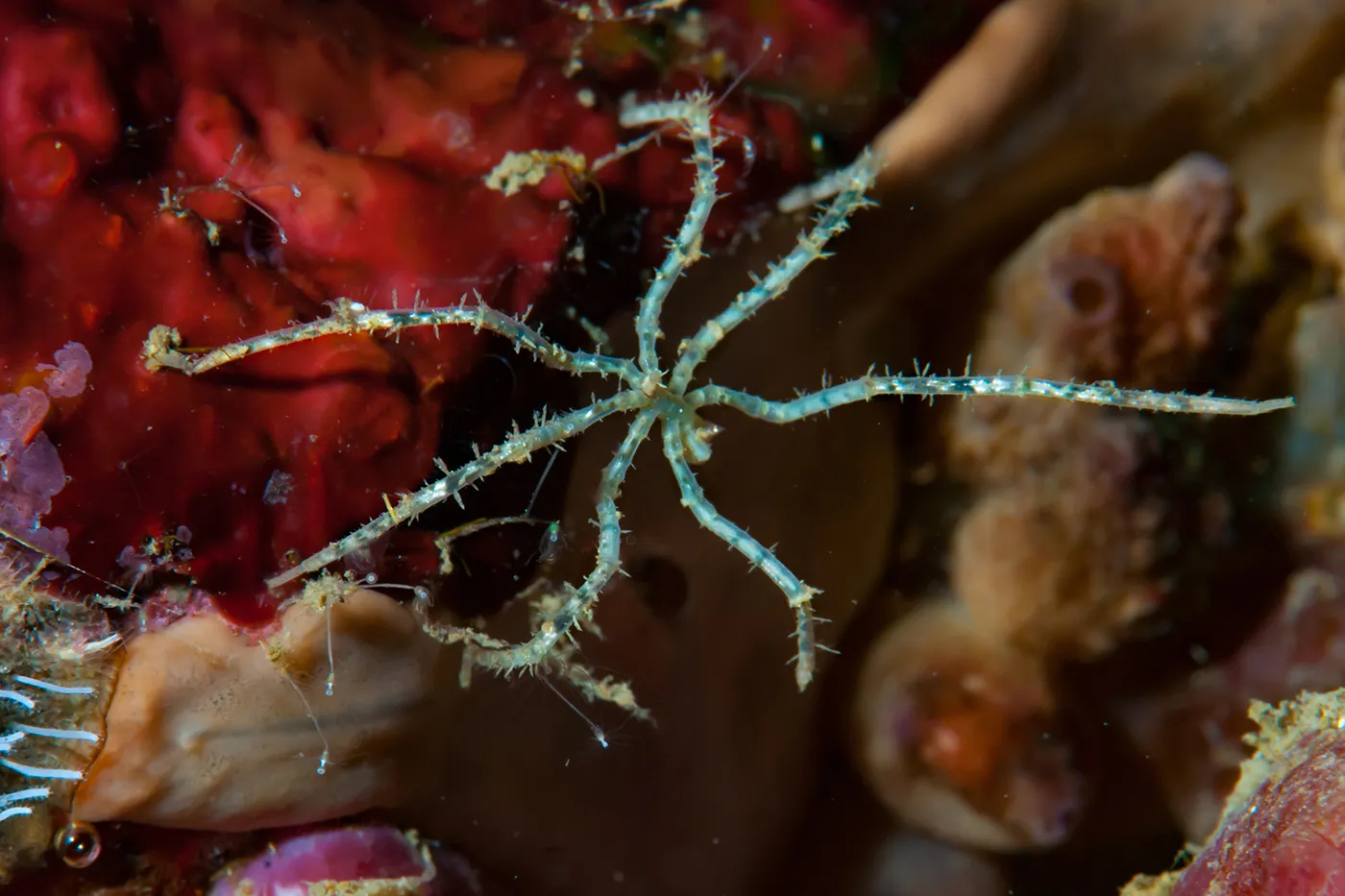
Connie Phong wants to know how an animal adapted to live in a highly specialized environment — just below the freezing point for seawater — responds to warming oceans.
How Northeastern scientists are using Antarctic sea spiders to study life on the edge
News

Fleury Augustin Nsole Biteghe has identified a way to target two of the deadliest cancer types with chemotherapy drugs but without the harms associated with chemotherapy.
Northeastern researcher uses light to target and kill cancer cells
Showing 191 results in Marine and Environmental Sciences

What’s killing corals? Northeastern professor uses machine learning to identify a suspected pathogen
Northeastern University professor Steven Vollmer says he and his team of researchers combined field work and tank experiments with machine learning models to narrow the list of most likely pathogens to a berry-shaped bacteria known as Cysteiniphilum litorale.
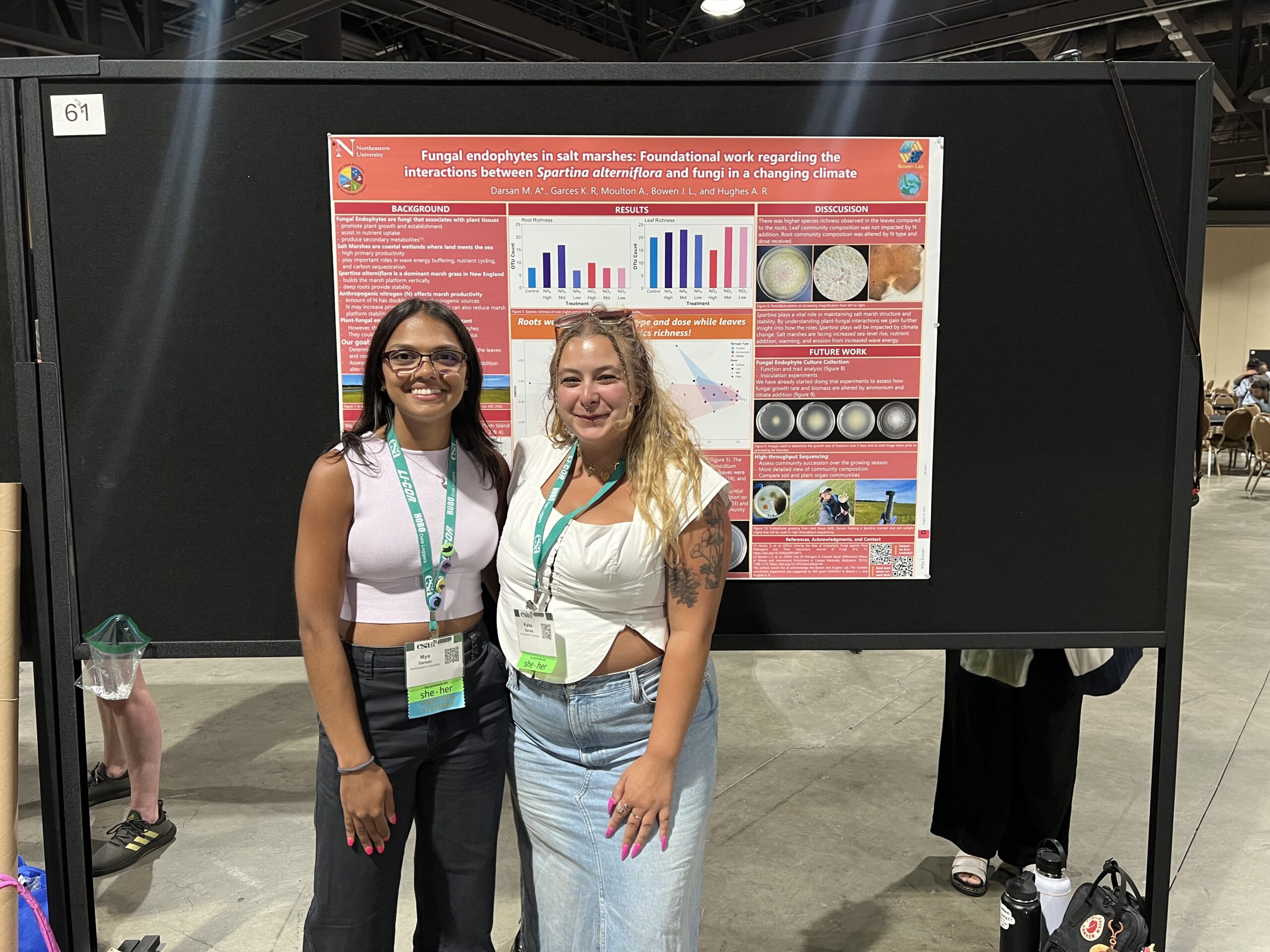
Empowering voices in ecology: Kylea Garces shares her experience at ESA’s Annual Meeting
Recently, Dr. Garces was awarded a Dean’s Postdoctoral Travel Award to attend and participate in the Ecological Society of America Annual Meeting. Read on as she shares her experience at the conference and how being actively involved in ESA has enhanced her educational and professional journey.

What is La Niña? A Northeastern expert explains how the weather pattern may impact your winter plans
The La Niña event forecast for this winter may deliver more snow than usual to the Northwestern U.S. and dry, warm weather to the South.
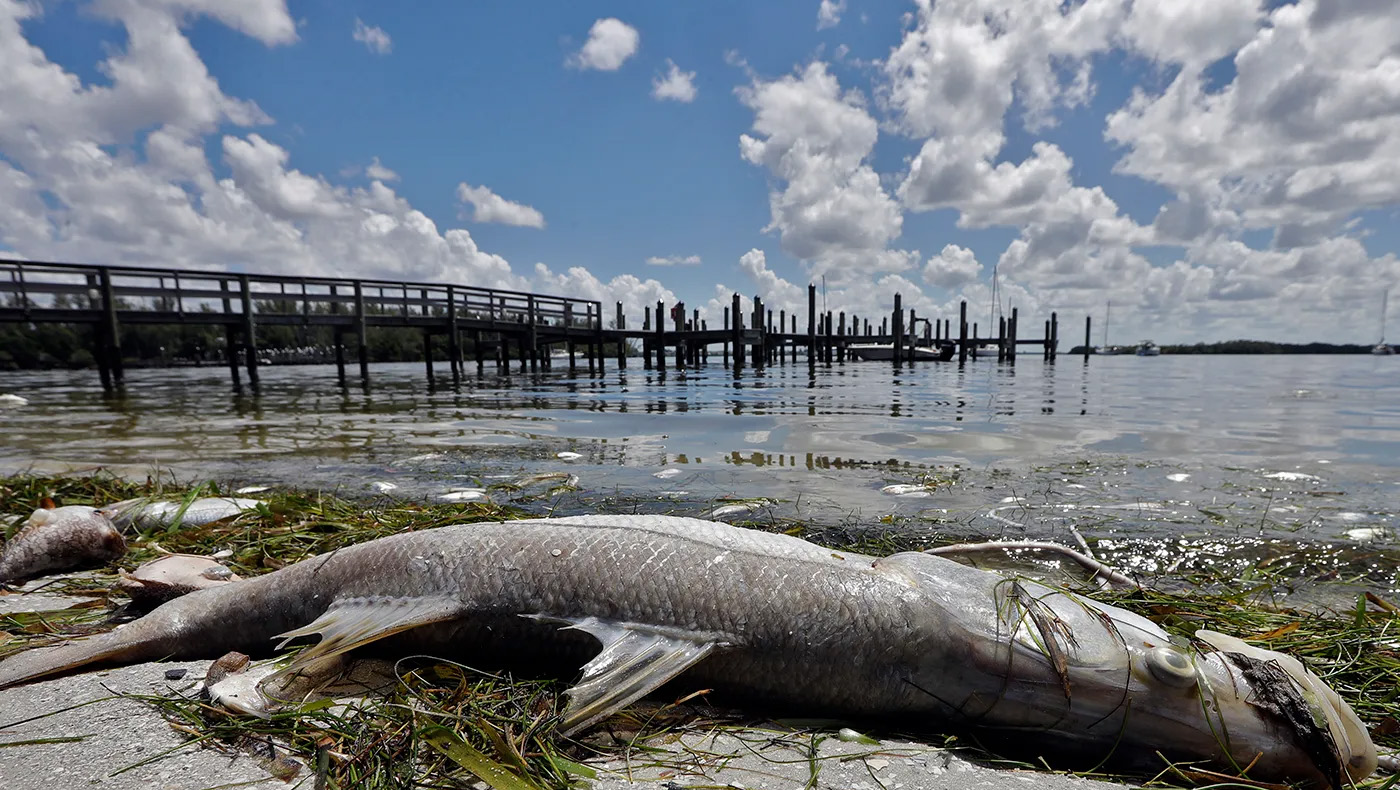
What happens to sea life during hurricanes? Can they move to calmer waters? A marine scientist explains
Some marine animals will escape by going farther out to sea; however, others could perish along the beaches, says Mark Patterson, a professor at Northeastern’s Marine Science Center.

Is Tampa prepared for the devastating impact of Hurricane Milton?
As Hurricane Milton barrels toward central Florida, Northeastern University disaster recovery experts say residents should expect extensive destruction from the storm and its surge — particularly if Tampa is hit directly.
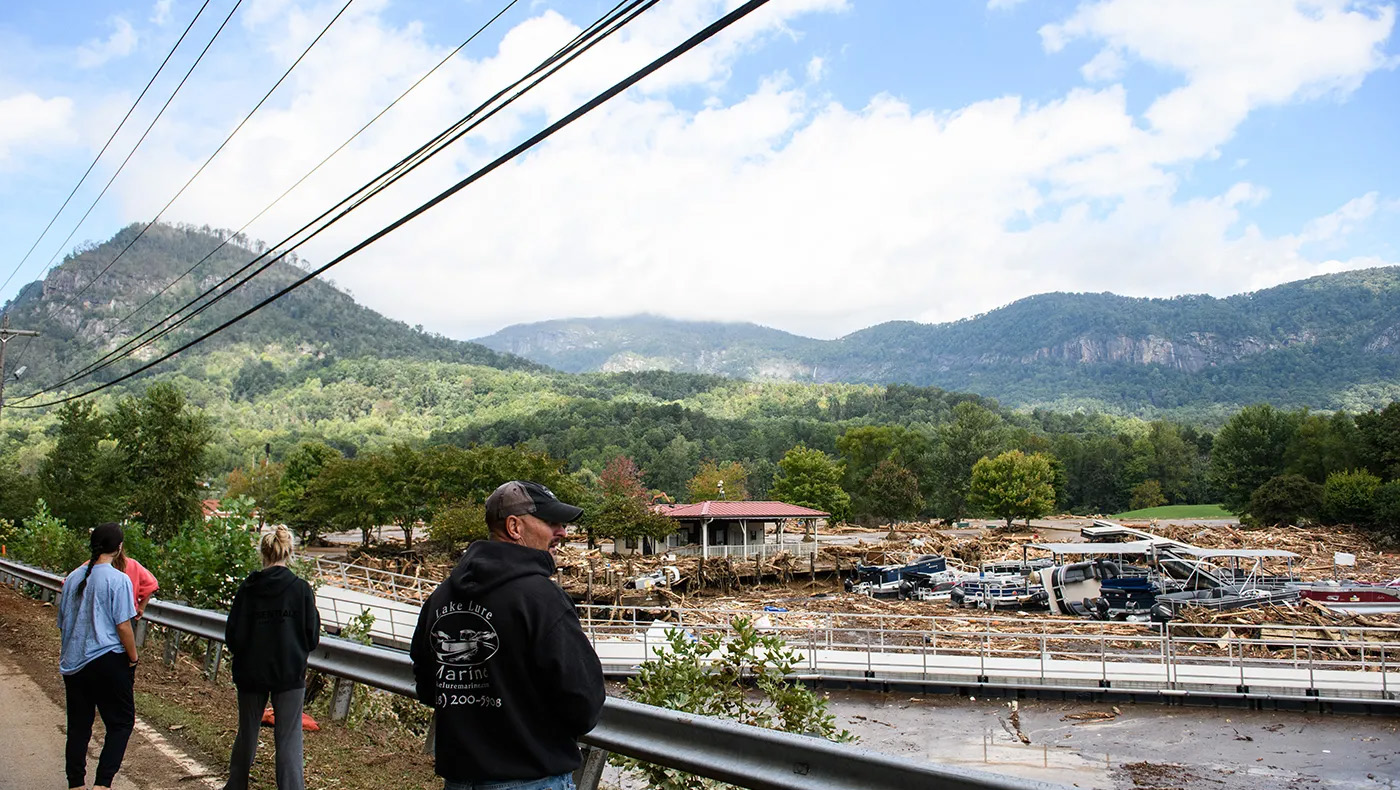
From ‘climate haven’ to disaster zone: How Hurricane Helene became the perfect storm to devastate western North Carolina
Before the aftermath of Hurricane Helene dumped more than 30 inches of rain on some parts of western North Carolina and led to historic flooding that has killed more than 30 people in the mountainous region, Asheville was known as a “climate haven.”

Welcome to the new College of Science Faculty!
We are delighted to welcome new faculty members with primary appointments in the College of Science whose teaching and research builds the Good Power of Science, trains the next generation of science professionals, and solves crucial research challenges.
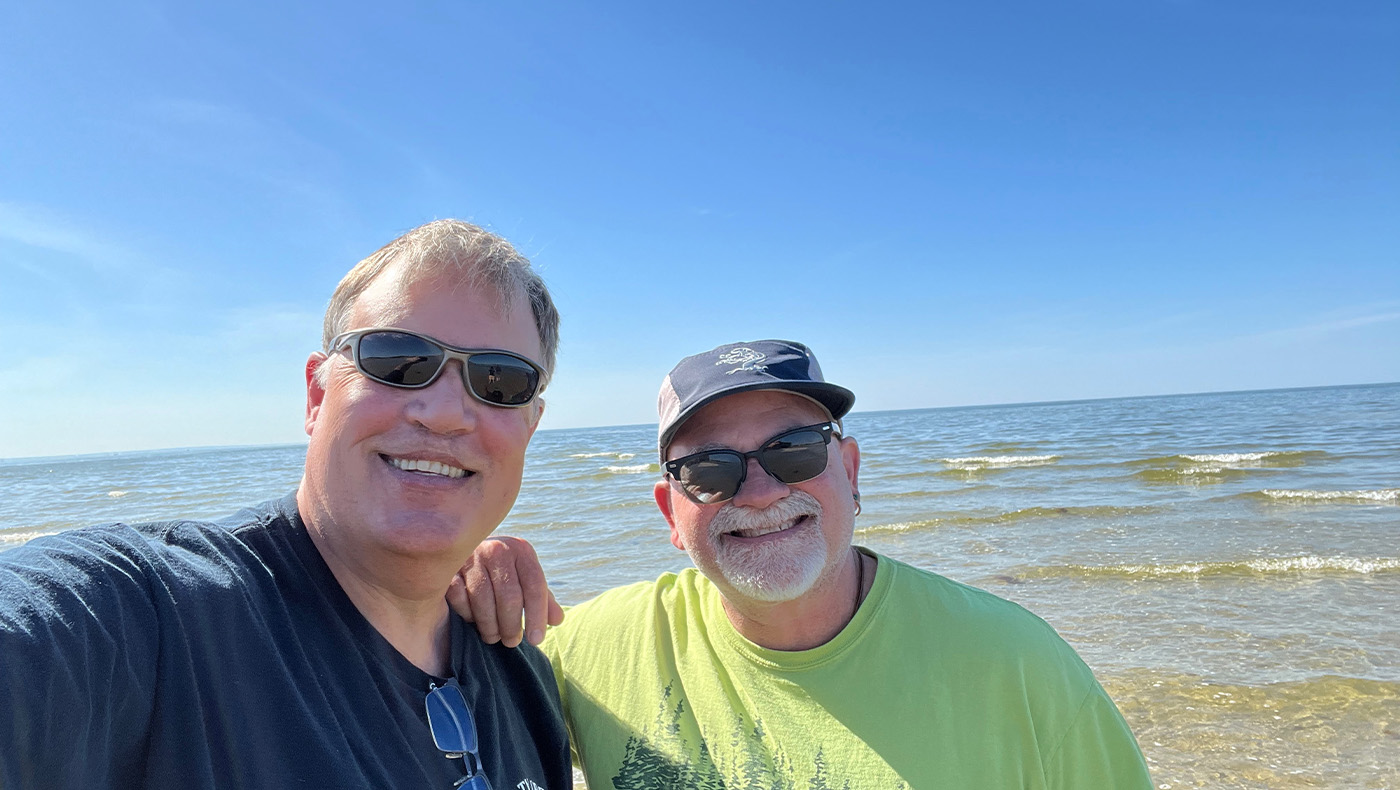
Cognitive Foundations of Environmental Science Education
Congratulations to John Coley (PI), Brian Helmuth (Co-PI), and Catie Nielson (Co-PI) on by the National Science Foundation, STEM Education Directorate (EDU), Education Core Research Program on their project: “Cognitive Foundations of Environmental Science Education: Exploring Impacts of Human Exceptionalism on Marine Social-Ecological Systems Thinking”.

Unexploded ordnances still litter the seafloor worldwide. Northeastern engineers are trying to sniff them out.
Loretta Fernandez and her colleagues have been working on creating passive samplers that would allow them to locate old munitions by detecting degraded compounds in the water.
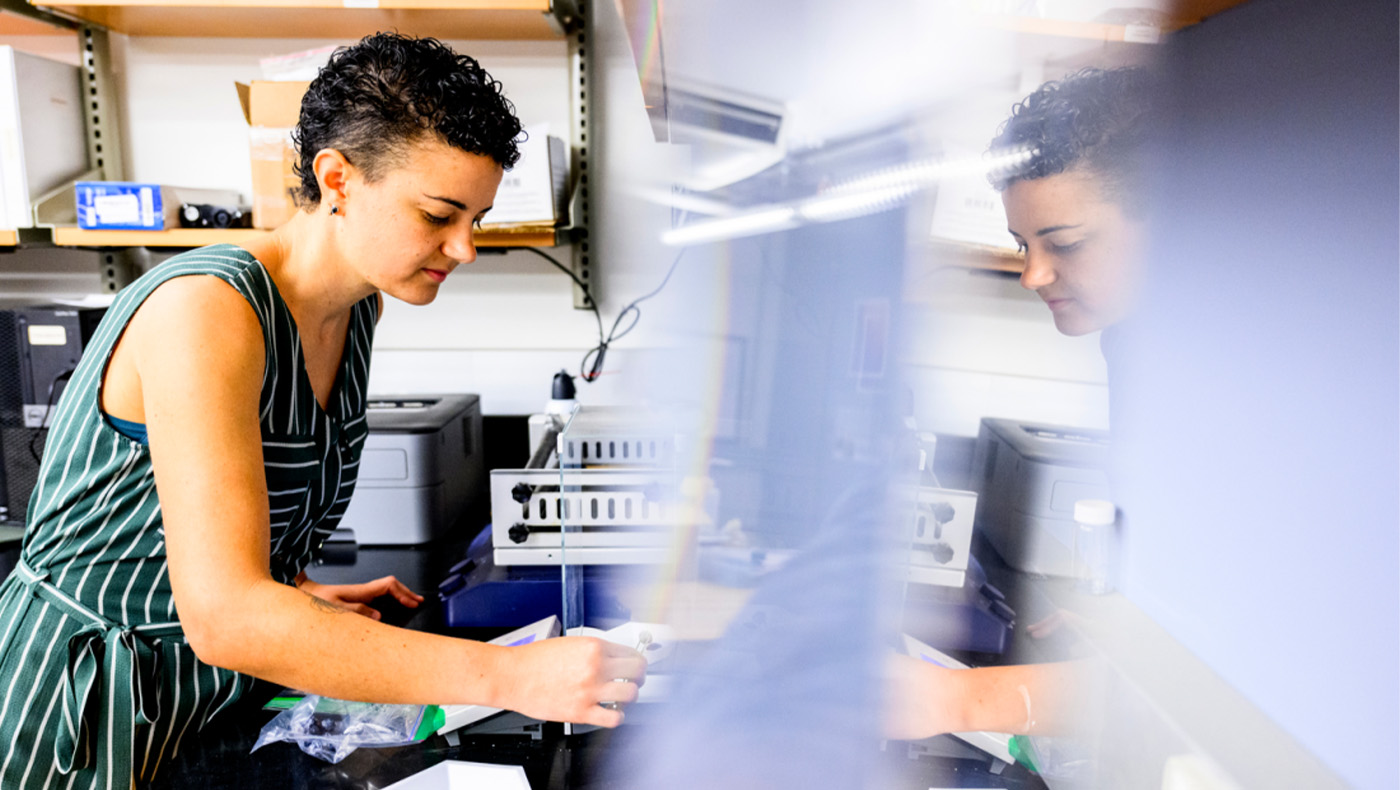
Northeastern research sheds light on low crop yields and their impact on small farms
In recently published research, Gabriela Garcia and her collaborators have developed a framework for how to understand alternate bearing.

Why did Beryl develop into a record-setting hurricane? High ocean temps and other factors are to blame, Northeastern expert says
Jim Chen, a professor of civil and environmental engineering and marine and environmental sciences, expects a lot of strong hurricanes this year that will require preparation to mitigate impact.

Can we make ‘citizen science’ better?
In a paper published this past spring, Northeastern University professor Damon Hall argues that ‘citizen science’ partnerships historically have been unbalanced, with researchers taking more from participating communities than they give back.